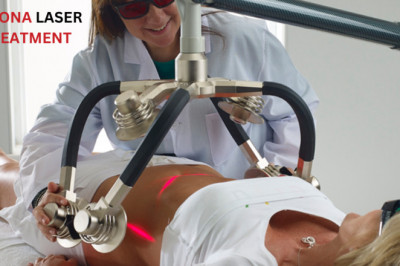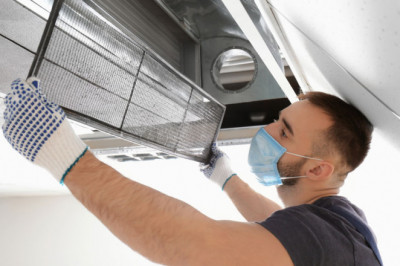views

You've likely heard about postbiotics. They've made their debut in the skincare world and captured the attention of many people. But there are still many questions about postbiotics and how they relate to "microbiome skincare." Different types of "biotics" live in the microscopic world of bacteria. There are prebiotics, which are the "food" for probiotics. Probiotics are the living, good bacteria themselves.
And then there are postbiotics. These are produced by good bacteria, which comprise several different compounds. Many postbiotics can support good skin health and contribute to a healthy microbiome on the skin. Beyond these basics, what else do you need to know about probiotics and microbiome skincare? Read on to get a few answers to some common questions!
Where Do Postbiotics Come From?
Probiotics generate postbiotics. Probiotics are the good bacteria and other microorganisms sharing our bodies. They live on our skin, in our ears, in our gut, and just about everywhere else. They're essential and beneficial parts of each of us. Probiotics live on us and in all kinds of foods like yogurt, kefir, and kombucha.
When probiotics work their magic, they produce postbiotics, which can be packed with nutrients. These can include various vitamins and fatty acids. Postbiotics can help keep harmful bacteria under control. And when harmful bacteria are under control, your skin's microbiome can thrive, and you're left with dewy, glowing, clear skin!
How Do Postbiotics Benefit the Skin?
Postbiotics, in a sense, serve as nourishment for the skin. These compounds can be used by the skin and the skin's microbiome in different ways. In some instances, postbiotics may help improve the regeneration of skin cells, which is a constantly occurring process. In other instances, they may help boost your skin's hydration, giving it a dewy glow.
Your microbiome can even help protect your skin from various environmental factors. Think of irritants like everyday pollution. On any given day, pollution from cars or poor air quality can harm your skin. It can irritate your skin and lead to blemishes and breakouts and even signs of premature aging. Postbiotics can give your microbiome a boost that helps build a "barrier" between your skin and those outside factors.
How Can I Incorporate Postbiotics into My Skincare Routine?
There are a few ways you can bring more postbiotics into your life and your daily skincare routine. One great way to start is by adding pro- and postbiotic foods into your daily diet: more yogurt, kefir, miso soup, kombucha, and kimchi, for example. These are a few of the most common foods that are easy to find. Adding these to your diet can benefit your overall well-being, inside and out.
The other way to incorporate postbiotics into your day is through skincare products specifically formulated with postbiotics or that promote the microbiome. These can be products made with kombucha, rose water, or damask rose, to name a few. You can use these products along with nourishing and hydrating products you may already use, like day creams, night creams, a deep wrinkle filler, and more.
About Andalou Naturals
Andalou Naturals is known for their Fruit Stem Cell Science. You can find powerful plant stem cells in many of their innovative skin and hair care products. Their CannaCell Hydrating Toner is made with hemp stem cells and hemp seed oil, which combine to nourish and hydrate your skin. Andalou Naturals' shampoo and conditioner with argan oil and fruit stem cells boost moisture and shine, revitalizing dry or tired hair. These are just two examples of Andalou's diverse collection. Whether you're targeting clear skin or after a brighter, even tone, you can find products that target your concerns. And you can feel empowered about your skin and hair care choices. Because at Andalou Naturals, empowerment is the number one priority.
Learn more about microbiome skincare at https://andalou.com/
Original Source: https://bit.ly/3pLa9CX












